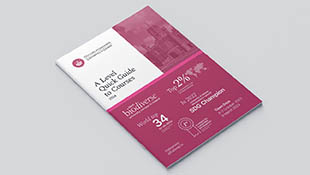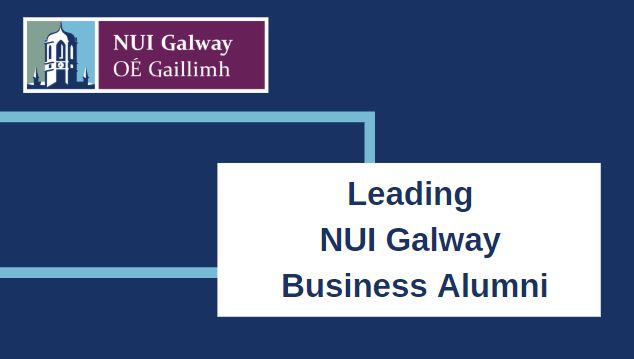-
Courses

Courses
Choosing a course is one of the most important decisions you'll ever make! View our courses and see what our students and lecturers have to say about the courses you are interested in at the links below.
-
University Life

University Life
Each year more than 4,000 choose University of Galway as their University of choice. Find out what life at University of Galway is all about here.
-
About University of Galway

About University of Galway
Since 1845, University of Galway has been sharing the highest quality teaching and research with Ireland and the world. Find out what makes our University so special – from our distinguished history to the latest news and campus developments.
-
Colleges & Schools

Colleges & Schools
University of Galway has earned international recognition as a research-led university with a commitment to top quality teaching across a range of key areas of expertise.
-
Research & Innovation

Research & Innovation
University of Galway’s vibrant research community take on some of the most pressing challenges of our times.
-
Business & Industry

Guiding Breakthrough Research at University of Galway
We explore and facilitate commercial opportunities for the research community at University of Galway, as well as facilitating industry partnership.
-
Alumni & Friends

Alumni & Friends
There are 128,000 University of Galway alumni worldwide. Stay connected to your alumni community! Join our social networks and update your details online.
-
Community Engagement

Community Engagement
At University of Galway, we believe that the best learning takes place when you apply what you learn in a real world context. That's why many of our courses include work placements or community projects.
News & events
Pioneering study of dementia therapy at NUI Galway
A pioneering trial run jointly by the Irish Centre for Social Gerontology led by Professor Eamon O’Shea at the the Irish Centre for Social Gerontology (ICSG) and Economics at NUI Galway, and the School of Nursing and Midwifery at NUI Galway headed by Professor Kathy Murphy entitled "DementiA education programme incorporating REminiscence for Staff (DARES)" has highlighted the potential of talking and remembering earlier times as a means of therapy for people with dementia, based on a study of three hundred people with dementia carried out over a period of three years.
It is estimated that there are 50,000 people with dementia in Ireland today with an additional 4,000 new cases every year, which will increase from now on as people are living longer. Dementia is the term used to describe a group of symptoms such as memory loss, language difficulties, confusion and disorientation which affect some people, usually in older age. It is not always clear why some people get dementia and others do not, nor can it be easily predicted, although there may be a genetic component and lifestyle is an influence on some types of dementia.
Dementia is an expensive condition for families and the State. The annual financial burden of the disease has been estimated by researchers at NUI Galway to be 1.7 billion euros, with significant burden falling on family carers, who provide most of the care.
Whilst much of the treatment of people with dementia to date has been pharmacological, studies have shown that psychosocial interventions can also be beneficial. Reminiscence is increasingly seen as important in the care and support of people with dementia, given its potential to draw on early memories, which often remain intact for people with dementia, thereby highlighting the person’s preserved abilities rather than any cognitive impairment. Despite being widely used in dementia care, evidence on the effectiveness of reminiscence remains uncertain.
The DARES trial involved using reminiscence therapy for people with dementia in long-stay care settings in the West of Ireland. The therapy involved the use of photographs, music, mementos and memorabilia to people with dementia to encourage them to talk about their earlier life. The intervention was a structured education reminiscence-based programme for care staff, who subsequently engaged in individualised reminiscence with long-stay residents under their care. The primary research question focused on the impact of reminiscence therapy on the self-reported quality of life of residents with a diagnosis of dementia. The results showed that reminiscence therapy has a positive effect on people with dementia in long term residential care. Reminiscence can also improve the quality of the care and support that people with dementia receive as new relationships and connections are formed with staff, who are now more aware of the identity and personhood of the person for whom they care.
Find out more:
Irish Centre for Social Gerontology
Downloads
-

Business Postgraduate Programmes 2024 PDF (4.7 MB)
-

Postgraduate Prospectus 2024 PDF (3.3MB)
-
.png)
Business Undergraduate Prospectus 2024 PDF (1.57MB)
-

Undergraduate Prospectus 2024 PDF (14.6MB)
-

A Level Quick Guide 2024 PDF (337 KB)
-

Professional Accounting Body Exemptions PDF (8 KB)
-
Leading Business Alumni Book PDF (1.57)
-

Quick Guide to Courses 2024 PDF (362 KB)
















